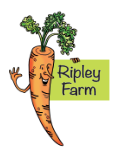"What do you do in the winter since you can’t farm?” This is the most common question we get as vegetable farmers in Maine. Sure our growing season is short with a frost-free period between the end of May and the middle of September. Zone four, I believe it is called.
With highs in the single digits in Dover-Foxcroft in February this week, I wish I could show you pictures of us on the beaches of the Caribbean taking the winter off…
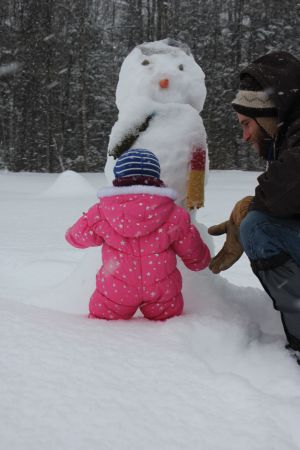
But actually farming is a full time job year round even on a vegetable farm in Maine!
In reality, one third of our sales of veggies happen during the winter months of November through March. We grow and harvest a large fall vegetable crop each year in preparation for these important planned sales.
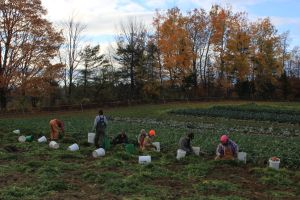
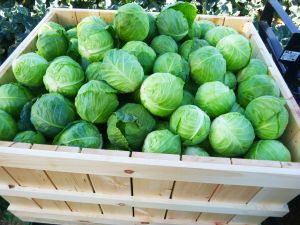
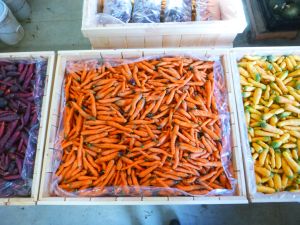
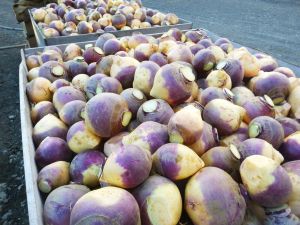
We then spend the winter months packing orders for our 40 Winter CSA members and other local customers as well as for our wholesale customer the Crown O’ Maine Organic Coop.
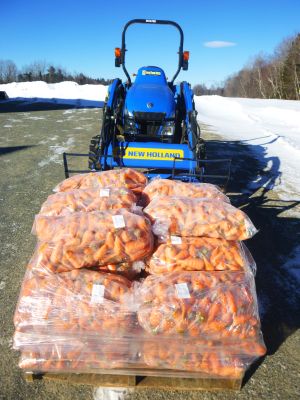
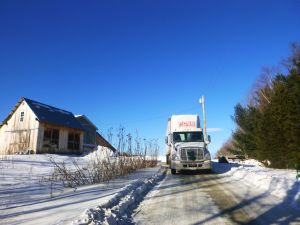
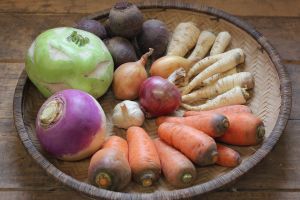
In March every year we pack a large order of organic field-grown perennial and medicinal plants for Fedco Trees.
But that’s not even the bulk of what we do in the winter! It is just the more photogenic part!
As y’all well know, the Maine climate has short months of growing, so it is important that we make the most of the fleeting warm summer when we have it. The only way we can farm, farm, farm when the time is right is to plan, plan, plan everything out ahead of time during the winter. And I do mean everything….
Like for example, every single expected expense down to a yearly package of dry erase markers. And every single expected planting date for carrots or beets or lettuce or any one of our over 100 varieties of vegetables grown on our farm. All of this needs to be planned out ahead of time with necessary purchases made in order for us to hit the ground running on May 1.
Yep, get ready for the unglamorous part of farming… Gene and Carmen sat in front of a computer for whole days at a time this week putting together our crop plans for the coming year. Their only breaks were to go and shovel the hoophouse after the snowstorms we got this week. And ta da! It was not in vain:
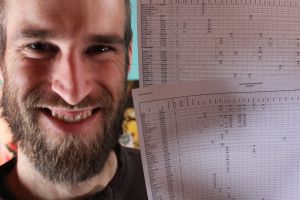
Hot off the press this week! What we call the “Final Field Planting Schedule 2017” may look like three pages of inscrutable Excel spreadsheets to you. But to us, it is the key to the farm’s success in 2017. We literally carry it with us everywhere we go all summer long so we know which crop to plant when, where, how, and why.
Last month we finished working on our farm’s financial plan. This is another spreadsheet that houses important info we use to run our farm all season long. We put down our income streams (aka the Summer CSA, Winter CSA, wholesale accounts, preorder sales, etc) and match them against our predicted expenses (seeds, supplies, taxes, labor, insurance, etc.) and work towards a positive number! It takes a few weeks of number crunching, researching where we can get the best prices, and trying to cut some expenses out completely. But this important process of farm financial planning is what makes or breaks our ability to make a living at farming.
We just completed our Organic Certification process for the ninth straight year. As part of being a MOFGA Certified Organic farm, every year we must document and receive third party verification of our crop rotation practices and our use of sustainable, natural, and healthy practices and inputs to grow vegetables, ensuring that our production of organic food is safe and free from chemicals and sewage sludge or raw manure. Once again we are proud to be a part of the growing community of organic farms in Maine.
So there you go! The answer to your most burning question about your farmers. Farming is a full time profession year round and our hard work during the cold, snowy, dark winter months is what makes possible such a smooth and hopefully successful growing season full of fresh and colorful veggies! Now on to finalizing our seed orders in the coming weeks! Wish us luck in dreaming of summer 🙂
